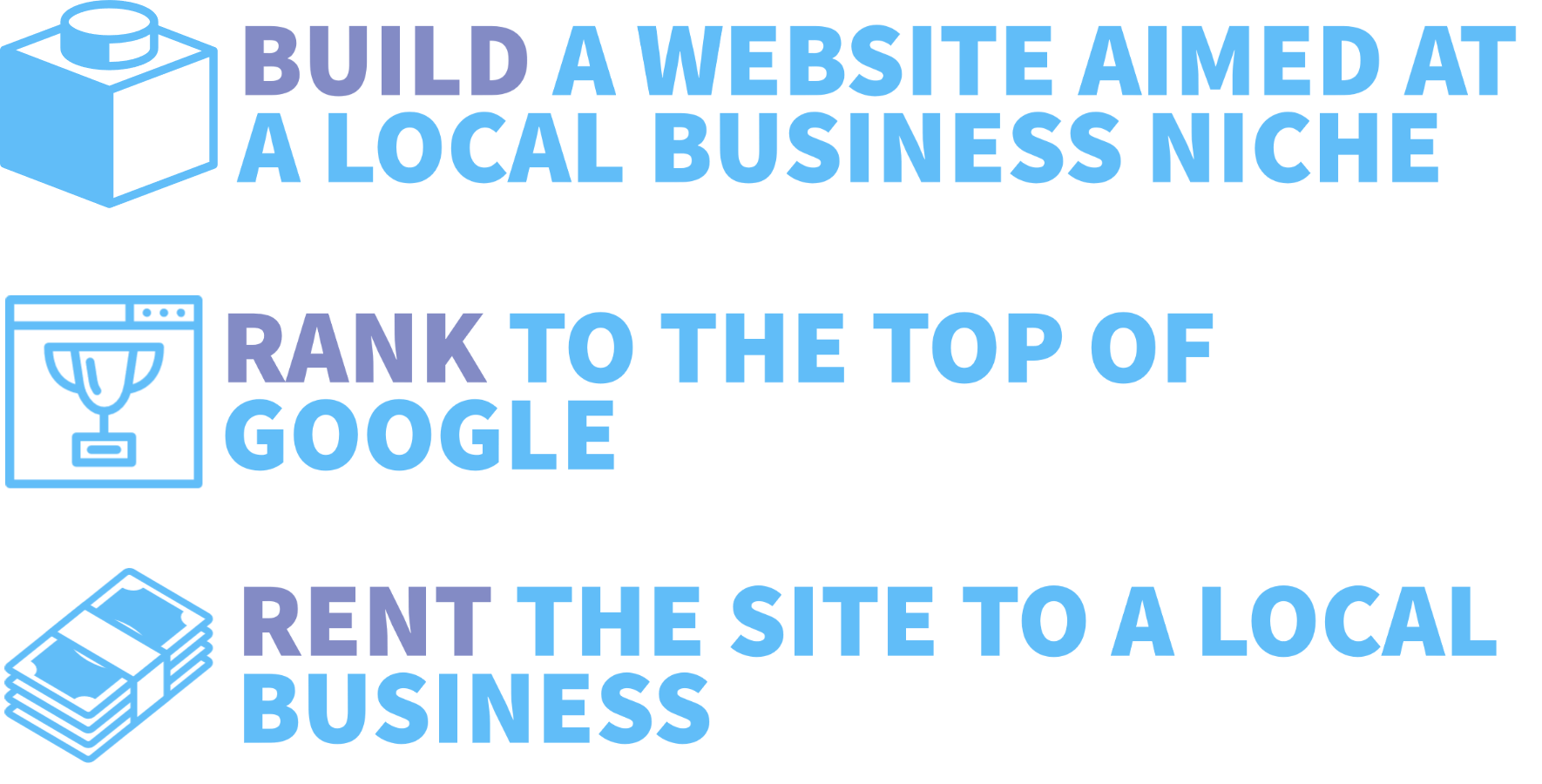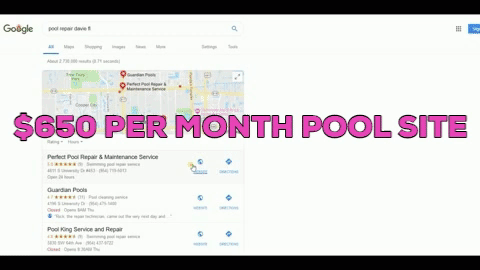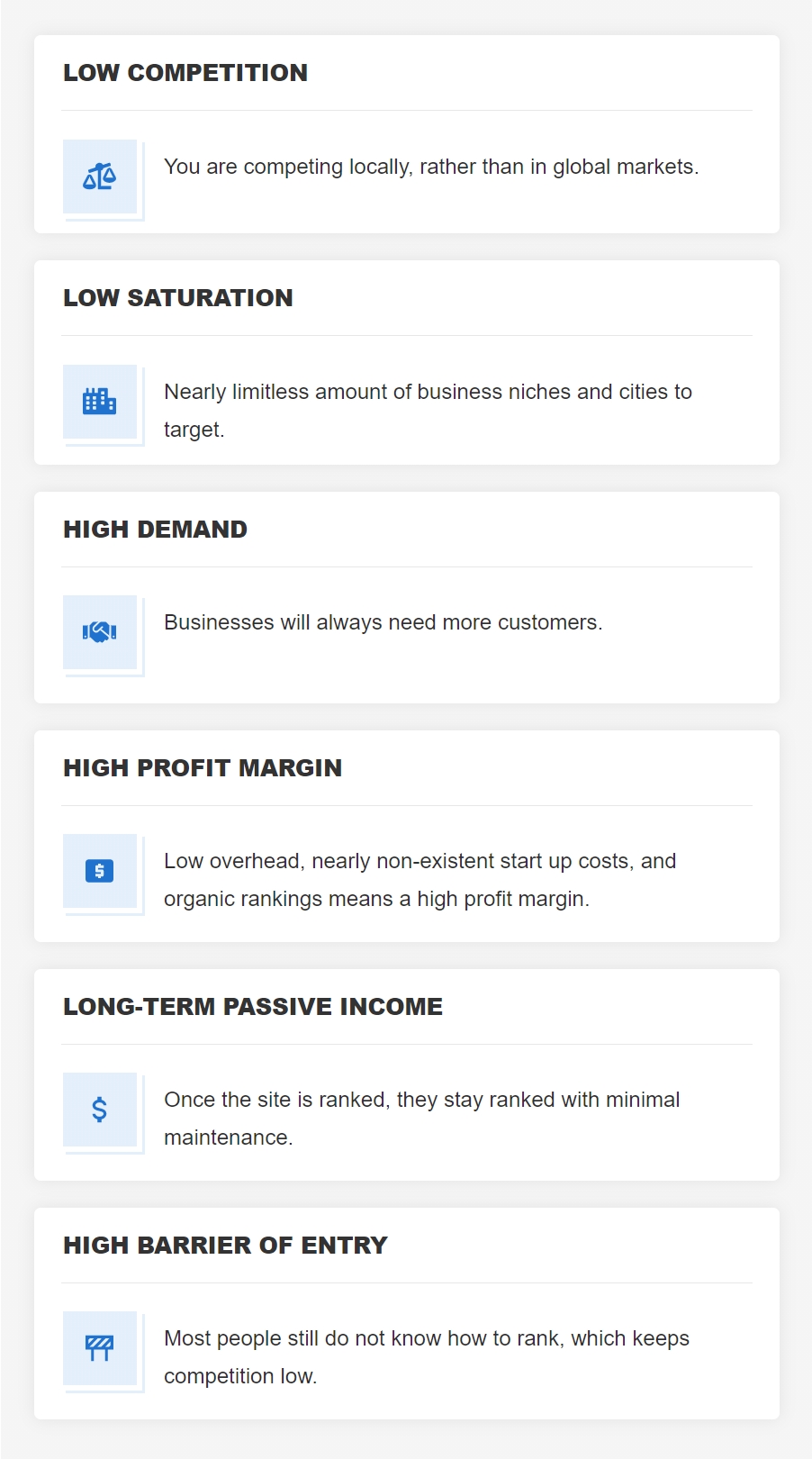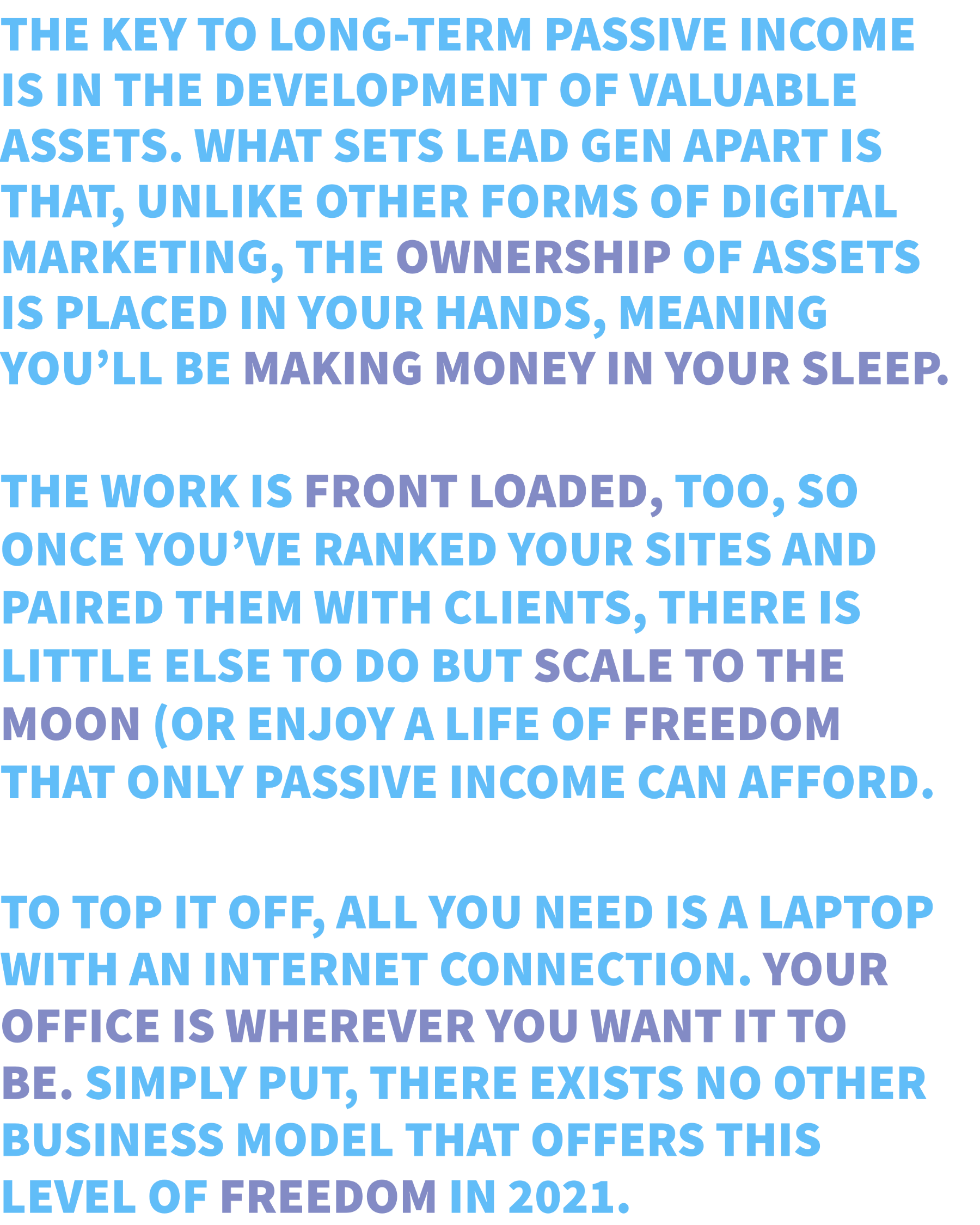So you want to be a dropshipper, huh?
Spocket appeared on your radar and now you’re wondering if this is the holy grail?


This could be it, the game changer….
Maybe you found out that dropshipping wasn’t as “hands-off” as you thought and you went searching for a way to improve the process.
Automation, anyone?
After all, sourcing products and suppliers seems like the number one-time suck for dropshipping and this type of online money-making model.
And, who the hell wants that? That’s why you got into this in the first place.
Time freedom


SO, what if there was a way to streamline the dropshipping model so you can sit on the beach sipping your pina coladas?
Keep reading because if you are looking to create a passive online business; this could have the potential to answer your call.
I’m going to review Spocket in detail. Peel onion. Pull back the curtain. Give you the ins and outs of this app and how it can help rocket you to dropshipping success.
Here’s 12 things you need to know if you are considering this app
1. What is Spocket
First, let me do this.
Sure, I know that you know what dropshipping is. After all, you are here to learn how to improve your process because you’ve made like 10 gazillon calls to China trying to figure out if your supplier is legit.
Dropshipping works something like this….


Spocket is an app that integrates into e-commerce stores which allows a quick and easy process for sourcing high quality products from US & UK suppliers.
See, if you’ve ever created an e-commerce store, you know that finding suppliers outside the Great Wall of China is the holy grail.
But, this usually comes at a cost as US or UK based suppliers have a limited product line or have crappy margins.
Spocket changes the game because they have an enormous product line, like 10’s of thousands of products from western suppliers that have margins between 30-60%.



Take that Aliexpress!
And, you can integrate it into your store faster than Usain Bolt can run the 100.
Yeah, it’s that simple.
Click, click, BOOM.
Link it to your store Find Products to sell Import
Now, you have an e-commerce site up with products to sell. Seriously, it’s that easy.
2. How does it work?
Spocket’s secret sauce is their ability to help you with your inventory and fulfillment. They are just like Oberlo, but unlike Oberlo’s love affair with Chinese manufactured products from AliExpress, the majority of Spocket’s suppliers are US & UK based.
Want to know what’s cool though? You can also select Chinese manufactures in the Spocket interface.
In fact, you can choose the country you want to use to source your products, which is HUGE if you are geographically targeting a certain region.


Then, the order is sent directly to the manufacture for fulfillment. The whole process is automated so you don’t have to worry about forwarding the purchase order.
You get the idea right? Spocket takes the droppshipping model and streamlines the game while giving you access to reliable suppliers with high margin products.
It automates the whole process of inventory and fulfillment with a simple to follow interface that works end to end with a few clicks.
Their interface is super easy to use and makes sourcing your product line easier than (think of metaphor)
Once you choose your product, a few clicks will have it loaded up in your e-commerce store and you’ll be ready to sell.
Like right away.
They let you automate your imports, pricing rules, order fulfillment, inventory updating and more.


3. What is the cost?
Updated for (October 2021). They used to have a Free plan, but a las, all good things must come to an end.
You can get started for as little as $19/mo and as your store or brand grows, you can slide into their Pro or Empire plan that unlocks new features like branded invoicing and chat support.


Branded invoicing is cool because it allows you to build a reputation online and allows for a deeper connection with your customer.


Given how much time they free up, their pricing doesn’t seem unreasonable.
Imagine the time you’ll save from being able to isolate your product category, while at the same time, choosing which country you’ll use for your supplier.
Then, on top of that, with a few clicks, it completely integrates into your store.
No more manually entering your product details or price points.
Let’s look at a brief summary of each pricing plan:
Starter $19/month – This plan allows you to import up to 25 unique products, gives unlimited automated order processing, sample orders, and real-time inventory updates.
Basic $49/month – You get up to 250 unique product imports to your store, branded invoicing, 25 premium products
Empire $99/month – You’ll see the word Unlimited a lot. Unlimited products, orders, premium products and everything from above.
Unicorn $299/month – Same as empire except you get bulk checkout, a dedicated account executive, and product requests.
Pros
4. Product Sourcing
Let’s be real for a second.
You have no idea what the hell you want to sell online.
You jumped on AliExpress and went down the rabbit hole of product after product looking for THE ONE that is going to make you an internet millionaire.
Are you worried that the product you are going to sell will fall apart like Mr. Glass in a fist fight.


That can happen when you order from China. You don’t know what the hell you are getting half of the time and let’s not talk about brand reputation for websites that sell shitty products.
Or, you are late to the game and pick something that isn’t trending.
What if you could see a track record of sales or identify popular items that are selling like hotcakes? You can with Spocket…



Product sourcing with Spocket is the easiest I’ve ever seen. Forget about being caught in the “I don’t know what to sell” cycle. Or selling Chinese junk.


Spocket somewhat eliminates these problems because you can do a product category search that will kick back products from US and UK based suppliers.
These suppliers tend to be way more reliable with their product quality, thus giving you a better chance at selling something worth buying.


And, you can use their tools to find trending items.
Plus, you can try things out before you buy.
You know, kinda like when your dad takes you to Baskin Robins and he proceeds to taste test all 32 flavors before ordering to make sure he doesn’t buy something that taste like crap. I mean, how the hell else was he going to know BlueBerry Bumble Bee was the one for him.
Well, check this out….


Get samples directly from the supplier to test for quality and shipping reliability.
You don’t have to build out a whole store, go through the whole process of product selection just to realize you picked a dud. Get an idea of what you want, order a test sample and see if it is legit.
Then, click, click, boom. Store is up, running and selling a product you know is legit.
5. Automations
Part of the game of making money online is that you want to do so passively. You want to make things simple on yourself.
Plus, you are working online.
With technology.
Things should be super simple.
So, when a customer orders from you store, the purchase order automatically gets sent to the supplier.
Simplicity - Check.
They also automatically monitor inventory levels so you don’t have to worry about selling products and taking orders you can’t fulfill.
These two are huge for running a store online. Without these integrations, you’ll have to manually adjust all your inventory numbers, plus be on the ball when you get a purchase order by making sure you send it to your manufacturer.
Another cool feature is being able to automate your pricing rules.
Say what?
Yeah, you heard me.


With a click of a button, can choose how you’ll be marking up your products.
This feature allows you to test out multiple strategies with the click of a button.
Could you imaging the leg work of changing the pricing on 200 products without something like this.


Automation makes everything more efficient and allows you to focus on day to day activities.
When you take out the human element of relying on your memory to check inventory or forwarding PO’s, you’ll make less mistakes and will be offering your customers a better user experience.
6. Branding
You are trying to have authenticity with your audience and want to differentiate yourself amongst the sea of online stores.
You do this by having a brand.
Depending on which pricing plan you choose, you can put your brand on invoices and start to build your reputation online.


You can also add custom notes for an added touch.
7. User friendliness
Honestly, finding something that is easier to use is not going to happen.
If you can’t quickly and efficiently build out an e-commerce store with the help of this app, you are in the wrong biz.
As we pointed out before, you can import items with one click.
You can isolate product categories while being picky about your supplier locations.
You can easily change product details before feeding that info into your store front.


You can essentially be computer illiterate and find your way around this platform.
Heck, Stevie Wonder could probably set up a store.
It’s literally that easy.
All while allowing you to be highly selective with your product choice, branding, pricing structure and order fulfillment.
8. Pricing
I’ve always been a fan of tiered pricing that allows me to scale into features that I’m not using when I first start out. That’s exactly what you get with Spocket.
At $19/mo to start out, you can have access to an app that will have you up and running in no time for less than a night out at Applebee’s. Yeah, Applebee’s.
Cons
9. Suppliers
Wait, I thought you said that was a pro?
Yeah, but remember it’s 2021 and it’s the internet. The world of online buying/selling is global, so your customers might be across the pond.
Spocket’s main feature is that it uses US & UK based suppliers. Obviously, you are going to be targeting geographically relevant customer, but if you blow up in a far away land, your shipping could eat into your margins.
Just remember that.
Not a major deal breaker, but it needs to be mentioned.
Shipping cost could go from $2 to $15 and the longer shipping times could be unhappy customers.
10. Mathematics
Customs Duty and Taxes are NOT included.
Who the hell wants to figure this out?
You know each country plays by its own rules and duty/taxes vary between them.
With that in mind, you’ll need to factor that into your bottom line as Spocket doesn’t include these fees in the cost of their products.
11. Ubiquity amongst platforms


You would think that they’d build an app that can be used EVERYWHERE.
But, unlike a Drake song in the earlier 2000’s, you can’t find this on every platform.
Yes, there are a lot of places you can sell Spocket products:
Where You Can Sell Spocket Sourced Products:
- Shopify
- Facebook Shops
- YouTube
- WooCommerce
However, if you're an online seller relying on the following platforms, you’re shit out of luck:
Spocket Doesn't Work with These Platforms:
- Amazon
- Ebay
- Etsy
- Wish
- Groupon
Let’s be real though, they got you covered on all the big e-commerce platforms. Maybe they’ll work these other ones in as they continue to grow.


12. Open lines of communication
There are no direct lines of communication between you and your supplier. That means there will be a middleman between you and your supplier – Spocket support.
I like to be able to talk with the guy taking my money.
Not being able to directly contact Spocket suppliers means you are at the whim of translation. What you tell Spocket support and what they relay to the supplier.
This makes me wonder if these suppliers are really just Chinese middlemen. The credibility of the merchant can come into question and it might just be a front of a big Chinese supplier that has a warehouse in the US.
Maybe I’m just running down the conspiracy rabbit hole.
Just sayin’




















Local Lead Generation
Schedule your coaching call today